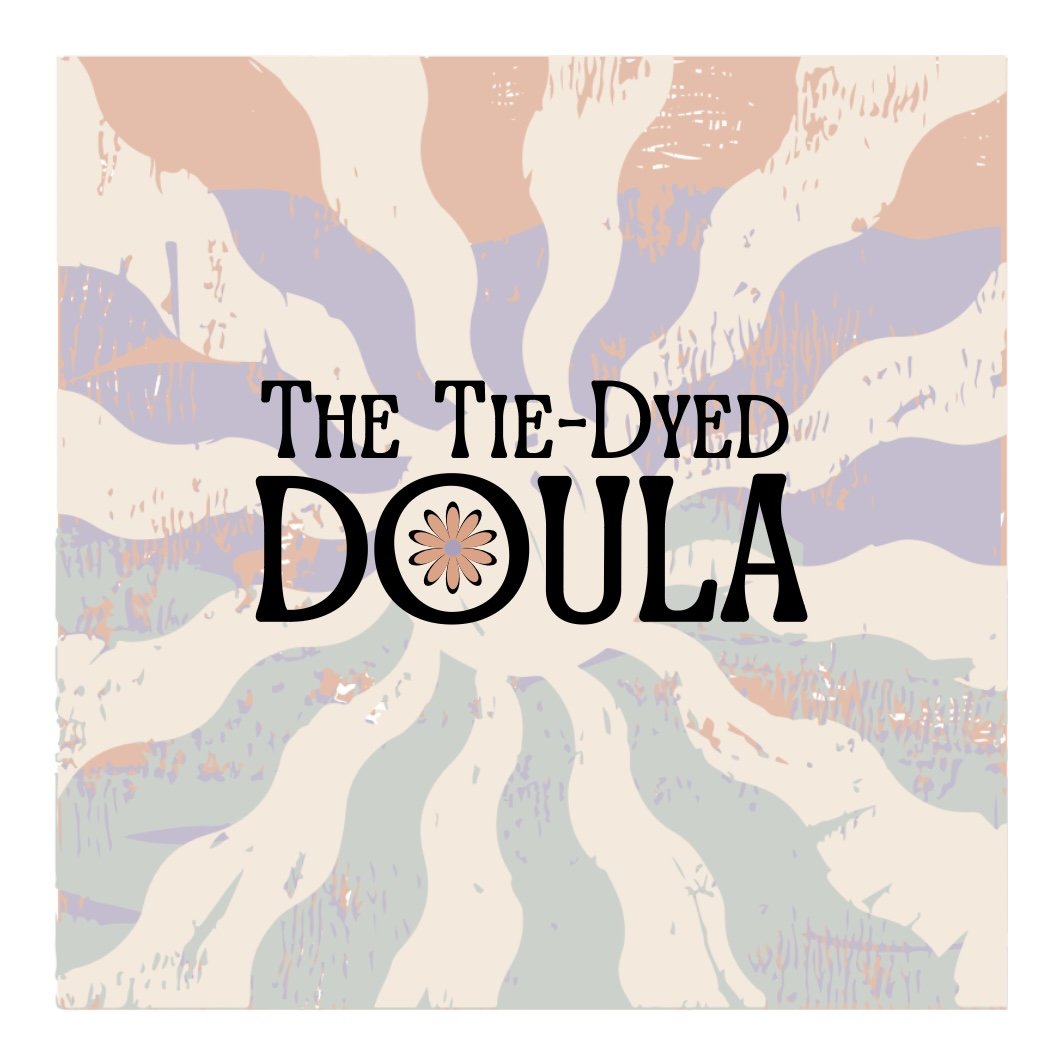Informed Consent - Why Does it Even Matter?
I don’t like telling birth stories that aren’t my own; they aren’t my story to tell. I stand by that, but this story was told on a podcast and I think that makes it fair game for discussion. When I tell you, I have not stopped thinking about this since I heard it . AND right after hearing it, I walked alongside a woman who was treated much the same way by her provider.
The podcast is Evidence Based Birth and it’s great - can’t say enough good things about it. The episode I’m referring to specifically is EBB 168 with OB-GYN Dr. Amber Warmsley. I’ll link the podcast below so you can listen if you’d like. About 6 minutes in, Dr. Warmsley talks about the culture of OB and how the woman is at the bottom of the ladder and the surgeon (OB) is at the top of the ladder and their opinions and experiences should carry the most weight. * Red Flag #1 * I was side-eyeing hard at this point, but Dr. Warmsley does state that she now feels patients should be at the center of their own care.
Dr. Warmsley continues on and begins to tell her own birth story and she says that as an OB, she never really understood why women would get so upset when they were told they needed a cesarean UNTIL she faced that in her own birth. Around the 35 minute mark, Dr. Warmsley said that she always told her patients that a cesarean wasn’t a big deal and she never ‘got it’ until she lived it.
When we talk about the importance of informed consent , the two things this OB touched on really sum up the why. 1. The OB culture is that their knowledge and expertise is at the top of the ladder with the lowly patient being at the very bottom; care is not centered around the patient. This is certainly not true with every provider. There are some really great, caring OBs that center care on their patients, but this OB is stating that in her experience (which is not universal), that is the exception and not the rule. 2. This OB didn’t see why someone would be upset about a cesarean until she had lived it. The cesarean rate has been steadily rising and the primary (first time, not subsequent) cesarean rate has been steadily rising. Cesareans are necessary - they are. But they’re overused. In Tarrant County, Texas, the primary cesarean rate is around 30% , which is higher than the national average of around 22% (March of Dimes). Likely in part due to the attitude that this OB had before it affected her personally - so what? What’s the big deal?
When it comes to pregnancy and birth, you don’t know what you don’t know. How do you even begin to ask questions when you don’t know what you don’t know? That brings us back around to B.R.A.I.N. Benefits , Risks, Alternative, Intuition, and Nothing. When you aren’t sure what to ask, ask benefits, risks, and alternatives. Some providers are NOT providing their patients with alternatives to cesareans because of the ‘what’s the big deal’ attitude towards primary cesareans. And I am regularly seeing this with my doula clients. When they’re educated on the alternatives they can then be empowered to go back to their providers and discuss their choices without there being such an imbalance in education and information. When you are fully informed , THAT is informed consent.
